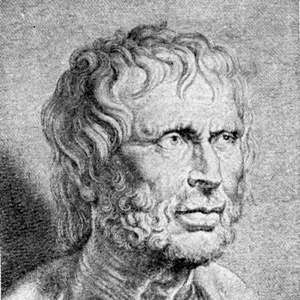A happy life is one which is in accordance with its own nature. Seneca (4 B.C.E. – 65 A.D.)


A happy life is one which is in accordance with its own nature. Seneca (4 B.C.E. – 65 A.D.)

The mind is the master over every kind of fortune; it acts in both ways, being the cause of its own happiness and its own misery. Seneca (4 B.C.E. – 65 A.D.)

A happy life consists in a mind which is free, upright, undaunted and steadfast, beyond the influence of fear or desire. Seneca (4 B.C.E. – 65 A.D.)

Most powerful is he who has himself in his power. Seneca (4 B.C.E. – 65 A.D.)

The wish to be cured is part of the cure. Seneca (4 B.C.E. – 65 A.D.)

The greatest man is he who chooses right with the most invincible resolution. Seneca (4 B.C.E. – 65 A.D.)

A physician is not angry at the intemperance of a mad patient, nor does he take it ill to be insulted by a man in a fever. Just so, should a wise man treat all mankind as a physician treats a patient, and look upon it only as sick and irresponsible. Seneca (4 B.C.E. – 65 A.D.)

There is no greater punishment of evil than that it is dissatisfied with itself and its deeds. Seneca (4 B.C.E. – 65 A.D.)

You may, then, boldly declare that the highest good is singleness of mind, for where agreement and unity exist, there must the virtues be. It is the vices that are at war with each other. Seneca (4 B.C.E. – 65 A.D.)

Every day to a wise man is a new life. Seneca (4 B.C.E. – 65 A.D.)